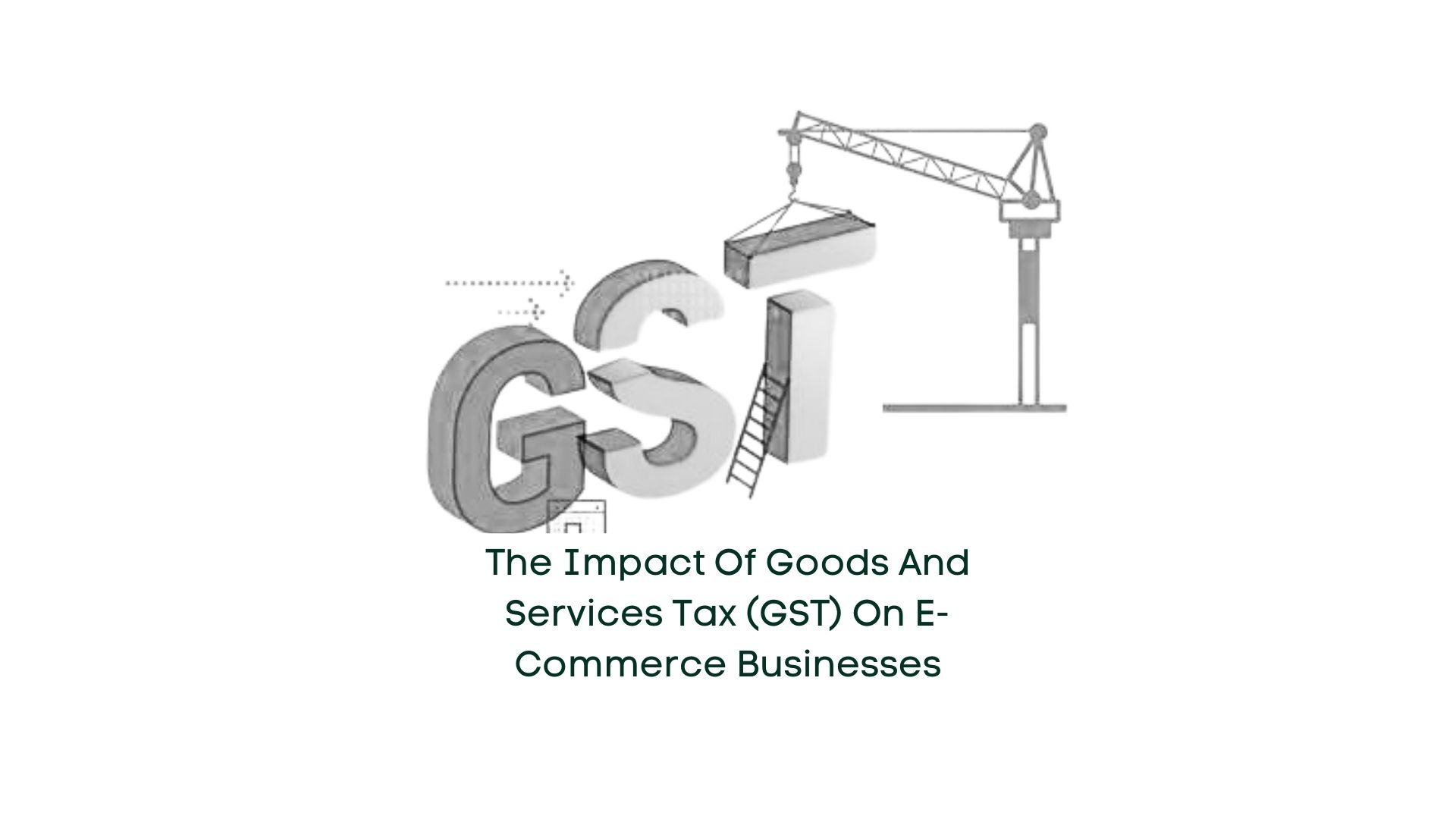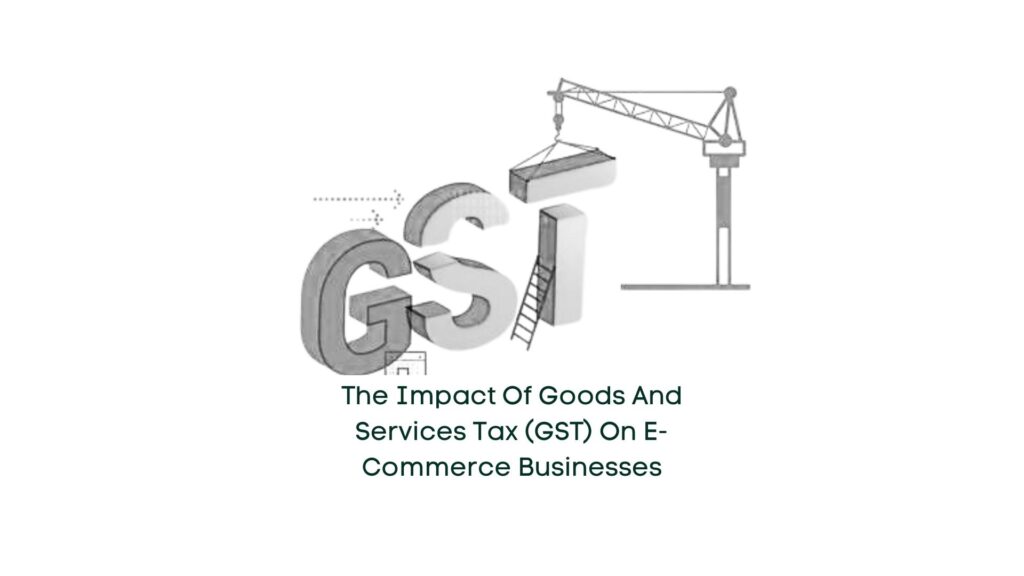
01 Mar The Impact of Goods and Services Tax (GST) on E-commerce Businesses

In the realm of electronic commerce (e-commerce), the application of Goods and Services Tax (GST) holds significant implications. This tax regime extends to electronic commerce operators (ECOs), defined as entities directly or indirectly managing electronic platforms facilitating the exchange of goods, services, or related information. However, it excludes those directly engaged in supplying goods or services under their own banner.
Impact on the E-commerce Industry:
The advent of GST has ushered in substantial changes for e-commerce enterprises. Key impacts include:
- Pricing Dynamics: Post-GST implementation, e-commerce companies may experience a shift in pricing dynamics. Output rates could potentially increase compared to pre-GST service tax rates. Nonetheless, a higher credit pool under GST might mitigate this effect, potentially leading to price reductions.
- Place of Supply: Determination of the place of supply varies based on transaction type. In Business-to-Consumer (B2C) transactions, it aligns with the service provider's location, while in Business-to-Business (B2B) dealings, it corresponds to the service recipient's location.
- Compliance Obligations: GST introduces heightened compliance requirements. Unlike the centralized registration option available previously, e-commerce companies now must obtain registration in each state where they operate, amplifying regulatory obligations.
Mandatory GST Registration:
All e-commerce entities, regardless of turnover, are mandated to register under GST as per Section 24 of the Central Goods and Services Tax (CGST) Act, 2017. Registration is obligatory within 30 days of commencing operations.
Return Filing Obligations:
As stipulated by Section 52 of the CGST Act, 2017, e-commerce operators must file GSTR-8, incorporating details of supplies made through their platform along with the associated Tax Deducted at Source (TDS).
Taxation Framework for E-commerce Operators (ECOs):
Under Section 9(5) of the CGST Act, 2017, and Section 5(5) of the Integrated Goods and Services Tax (IGST) Act, 2017, e-commerce businesses fall under the purview of the Reverse Charge Mechanism. This mechanism entails the recipient, rather than the supplier, bearing the tax liability.
Export Facilitation for E-commerce Operators:
E-commerce operators can leverage Foreign Post Offices for exporting goods, benefitting from zero-rated taxation. This means such exports are exempt from GST, contributing to a facilitative framework for international trade.
In summary, the applicability of GST on e-commerce operations underscores a transformative regulatory landscape, necessitating compliance adherence and strategic adaptation for industry stakeholders.


No Comments